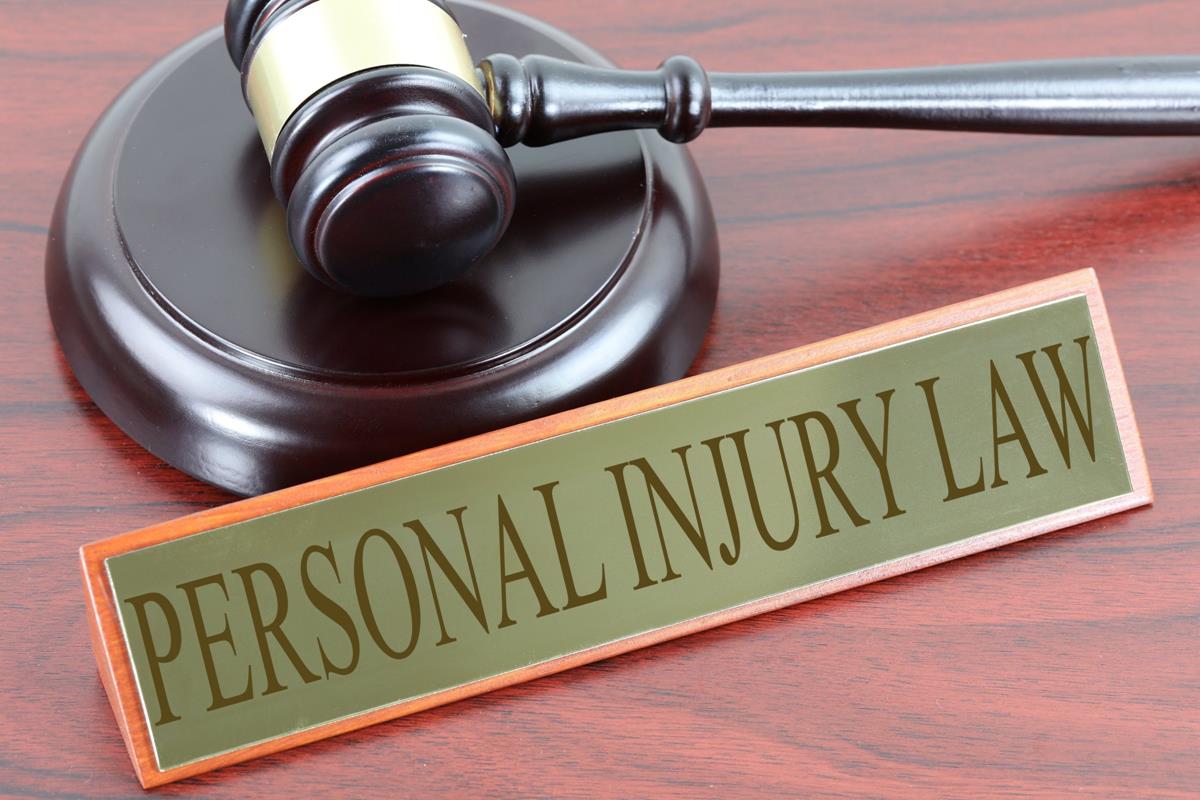When you’ve suffered a personal injury due to someone else’s negligence or wrongdoing, choosing the right personal injury lawyer is a critical decision that can greatly impact the outcome of your case. The right attorney will provide you with expert legal guidance, protect your rights, and work tirelessly to secure the compensation you deserve. But with countless lawyers out there, how do you select the one who’s best suited for your specific needs? In this article, we’ll explore the essential steps to help you choose the right personal injury lawyer for you.
1. Assess Your Needs
Contents
Before you begin your search, it’s crucial to assess your specific needs and circumstances. Consider the nature and severity of your injuries, the complexity of your case, and your expectations for compensation. Different personal injury lawyers specialize in various types of cases, so understanding your unique situation will guide your selection.
2. Start with Referrals
One of the most reliable ways to find a good personal injury lawyer is through referrals. Start by asking friends, family members, and colleagues if they can recommend an attorney they have worked with or know of navigating personal injury settlements. Word-of-mouth recommendations can provide valuable insights into an attorney’s reputation and competence.
3. Research Online
The internet is a valuable resource for finding potential personal injury lawyers. Websites, legal directories, and review platforms can offer a wealth of information. Look for lawyers who specialize in personal injury cases and have positive reviews and ratings. Pay attention to the specific types of personal injury cases they handle.
4. Check Credentials and Experience
Once you’ve compiled a list of potential attorneys, it’s time to delve into their credentials and experience. Look for the following:
- Licensing: Ensure the lawyer is licensed to practice in your state.
- Experience: Assess the attorney’s experience in personal injury law. How long have they been practicing? Have they handled cases similar to yours?
- Specialization: Some personal injury lawyers focus on specific types of cases, such as medical malpractice, auto accidents, or workplace injuries. Choose a lawyer with expertise in your specific area of need.
5. Review Case Results
A successful personal injury lawyer should have a track record of favorable case results. Inquire about the attorney’s history of successful verdicts and settlements. While past outcomes can’t guarantee future success, they provide insight into the attorney’s capabilities.
6. Meet in Person
Personal chemistry and communication are crucial in an attorney-client relationship. Schedule in-person consultations or virtual meetings to get to know the lawyer. Pay attention to their communication style, responsiveness, and willingness to answer your questions.
7. Ask the Right Questions
During your meetings with potential lawyers, ask the right questions to evaluate their suitability for your case:
- Experience: How long have they been practicing personal injury law? How many cases like yours have they handled?
- Approach: What is their approach to handling cases? Will they be the primary attorney working on your case, or will it be passed to associates or paralegals?
- Fees: Inquire about the attorney’s fee structure. Many personal injury lawyers work on a contingency fee basis, meaning they only get paid if you win your case. Clarify the fee percentage and any additional expenses.
- Communication: Discuss how the lawyer will keep you informed about your case’s progress and what to expect in terms of communication.
- Strategy: Ask about their strategy for your case, including the timeline and potential challenges.
8. Consider Resources and Support Staff
A successful personal injury case requires extensive resources, including access to expert witnesses, investigators, and support staff. Inquire about the lawyer’s ability to provide these resources to strengthen your case.
9. Check Disciplinary History
Research the lawyer’s disciplinary history to ensure they have a clean record. State bar associations maintain records of any disciplinary actions taken against attorneys. Check for any past ethical violations.
10. Evaluate Professional Associations
Membership in professional associations, such as the American Association for Justice (AAJ) or state-specific trial lawyer associations, can indicate a lawyer’s commitment to their field and dedication to their clients.
11. Assess Case Load
While a successful attorney may have a busy caseload, it’s essential to ensure they have the time and resources to dedicate to your case. Overburdened lawyers may not provide the attention your case deserves.
12. Understand Fee Structure
Personal injury lawyers often work on a contingency fee basis, meaning they take a percentage of your settlement or award as their fee. Ensure you fully understand the fee structure and any additional costs before proceeding.
13. Trust Your Instincts
Ultimately, trust your instincts when choosing a personal injury lawyer. You should feel comfortable, confident, and well-informed when making your decision. If something doesn’t feel right, it’s essential to keep looking until you find the right fit.
14. Request References
Don’t hesitate to request references from former clients. Speaking with individuals who have worked with the lawyer can provide valuable insight into their professionalism, communication, and results.
15. Review the Retainer Agreement
Before officially hiring a lawyer, carefully review the retainer agreement. This document outlines the terms of your working relationship, including fees, responsibilities, and expectations.
16. Get It in Writing
Ensure that all agreements, promises, and important details are documented in writing. This helps avoid misunderstandings and ensures clarity about the attorney-client relationship.
Conclusion
Choosing the right personal injury lawyer is a decision that can significantly impact the outcome of your case. It’s essential to take your time, conduct thorough research, and consider all the factors discussed above to make an informed choice. Remember that a successful attorney-client relationship is built on trust, open communication, and a shared commitment to securing the compensation you deserve for your personal injury case.

